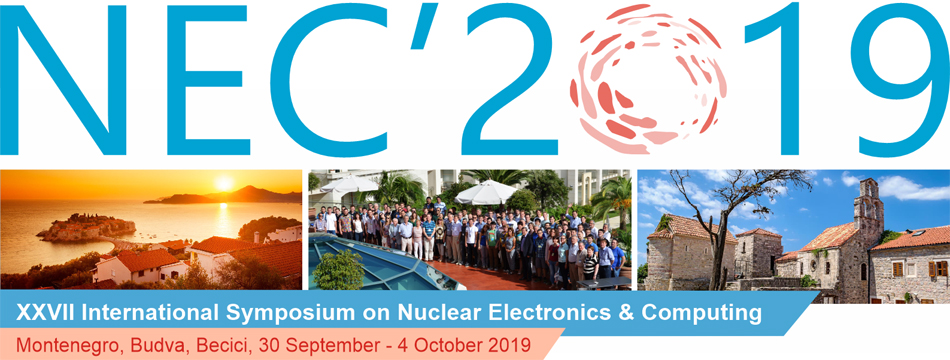Speaker
Mrs
Marina Golosova
(National Research Center "Kurchatov Institute")
Description
HENP experiments, especially the long-living ones like the ATLAS experiment at the LHC, have a diverse and evolving ecosystem of information systems that help scientists to organize research processes -- such as data handling (including data taking, simulation, processing, storage, and access), preparing and discussion of publications, etc. With time all the components of the ecosystem grow, develop into complex structures, accumulate metadata and become more independent and less flexible. Automated information integration becomes a pressing need for effective operating within the ecosystem.
This contribution is dedicated to the meta-system, known as Data Knowledge Base (DKB), designed to integrate information from multiple independent sources and provide fast and flexible access to the integrated knowledge. Over the last two years, the system is being successfully integrated with the production system of the ATLAS experiment, including the extension of the production system web-interface with functionality built upon the unified metadata provided by DKB.
Summary
The contribution is dedicated to the meta-system, known as Data Knowledge Base (DKB), designed to integrate information from multiple independent sources and provide fast and flexible access to the integrated knowledge.
Primary author
Mrs
Marina Golosova
(National Research Center "Kurchatov Institute")
Co-authors
Anastasiia Kaida
(National Research Tomsk Polytechnic University, Institute of Cybernetics)
Ms
Grigorieva Maria
(Lomonosov Moscow State University)
Mr
Mikhail Borodin
(The University of Iowa (US))
Mr
Vasiliy Aulov
(National Research Center "Kurchatov Institute")

